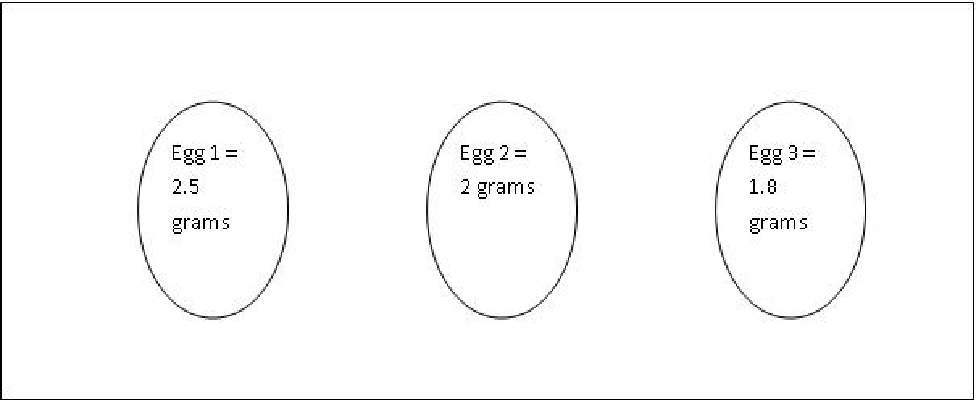Humans are unable to get metabolic energy from cellulose because
A. cellulose is present in large quantities in the gut.
B. cellulose contains very little chemical energy.
C. cellulose digesting enzymes are absent from the human gut.
D. cellulose does not taste good.
E. cellulose is not part of a normal diet.
Answer: C
You might also like to view...
When compared to the solution, the egg that gained weight was ______.
Three (3) eggs are boiled and all weigh 2g. The eggs are placed in a 15% solution of NaCl and reweighed after 30 minutes.

A. Hypertonic
B. Hypotonic
C. Isotonic
Clarify Question
· What is the key concept addressed by the question?
· What type of thinking is required?
Gather Content
· What do you know about osmosis? What other information is related to the question?
Choose Answer
· Given what you now know, what information and/or problem solving approach is most likely to produce the correct answer?
Reflect on Process
· Did your problem-solving process lead you to the correct answer? If not, where did the process break down or lead you astray? How can you revise your approach to produce a more desirable result?
A 45-year-old man living in Arkansas made an appointment with his physician after developing several ulcerative lesions on his hands. He also had a high fever and swollen axillary lymph nodes. When taking the patient's medical history, the physician made note of the fact that the man had been hunting rabbits a week earlier, regularly drank unpasteurized milk, and had not received any vaccines since his childhood. What is the most likely cause of the man's current symptoms?
A. Brucellosis B. Anthrax C. Q fever D. Tularemia
Potable water is
A. foul testing. B. polluted. C. safe to drink. D. contaminated. E. None of the choices are correct.
If a recessive allele causes a fatal disease that kills the affected individual before he or she can reproduce, why doesn't that allele quickly become extinct in the population?
a. Alleles are never lost from a population. b. The homozygous dominant individuals protect the recessive allele in their genomes. c. The recessive allele is carried in the genome of heterozygotes, who do not suffer from the disease. d. The homozygous recessive individuals give their alleles to other individuals before they die from the disease.